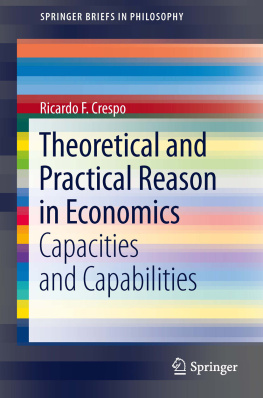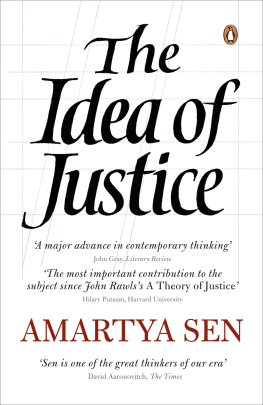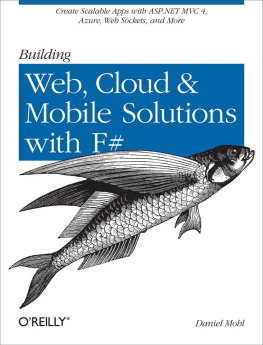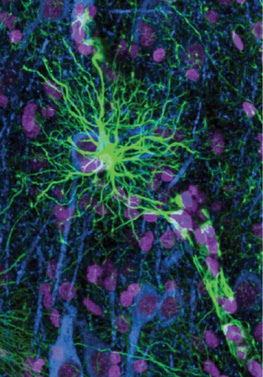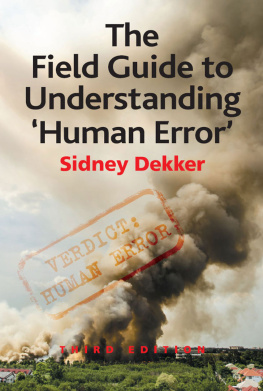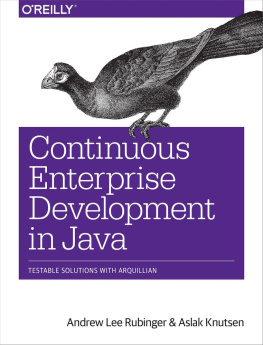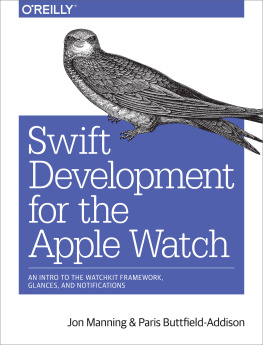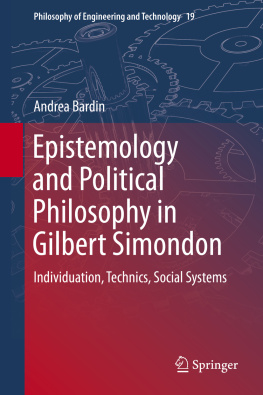Ricardo F. Crespo SpringerBriefs in Philosophy Theoretical and Practical Reason in Economics 2013 Capacities and Capabilities 10.1007/978-94-007-5564-2_1 The Author(s) 2013
1. Introduction
As civilization has evolved to an increasing degree, and an increasing number of people in the world have reached a level of development beyond the satisfaction of mere material basic needs, economists have also begun to refine their concepts of poverty, equality and development, to include more elements than per capita GDP. Nevertheless, as Sen (, p. 225). This refinement implies greater complexity in the tools for measuring of development, and an increasing focus on the technical aspects of these tools.
At the same time, an extensive discussion about the relevance, construction, merits and weaknesses of indexes such as the Human Development Index (HDI) has taken place. Much of this discussion, however, goes beyond the issue of technique; the issues discussed concern prudential decisions such as, for example, what are the dimensions that should be taken into account in evaluating development and what weights should be assigned to each of these dimensions. These decisions assume a definition of concepts such as development and a reflection upon its underlying values. In this work I will adopt the expression theoretical reason to signify reason applied to the development of knowledge and definition of concepts, and practical reason to connote human reason applied to the task of reflecting on values in order to act in a particular way.
The case of the HDI is only one of many possible examples of the fruitfulness of using theoretical and practical reason in economic thinking. The notion of rationality and the use of reason involved in standard economics is, however, a different one: technical or instrumental rationality and reason: [t]he [economic] theory of choice is about being instrumentally rational. Instrumental rationality is defined as the choice of actions that best satisfy an individuals ends or objectives however those ends or objectives may happen to be characterized. Instrumental rationality is a rationality of efficient means, and per se is completely agnostic regarding the nature of the ends means serve (Davis , p. 46), that is, theoretical and practical reasoning. Economics attention to only one of the roles of reason reduces it to a technical set of tasks that might be better performed by computers than by economists themselves.
Thus, given the ends or purposes, economics only looks for the best way of attaining them., p. 516). That is, this result is as a mere final point, not an intended purpose or cause of the action. The final causes of actions are their ends or purposes. In the same vein, Frank Knight asserted:
Economic rationality as a description of deliberative conduct is limited in two further respects, fully as important in principle as the fact that actual results of action diverges in all degrees from the intention of maximizing a given end. First, the end is rarely or never actually given in any strict sense of the word; rather, it is in some degree redefined in the course of the activity directed toward realizing it, and the interest in action centers in this definition and discovery of ends, as well as in their achievement () The second limitation to which the notion of given ends is subject is that to the extent to which an end is given, it is not really the end in the sense of finality (, pp. 128129).
Real ends or purposes are not given but rather generated in the very process of action. James Buchanan notes that we must also acknowledge that men can choose courses of action that emerge only in the choice process itself (, p. 78). Means and real ends mutually interact and adjust to one another. Elizabeth Anderson considers John Deweys thoughts on this point. She observes,
() the character and value of means and ends was reciprocally determined. We do not first already have an end in view, with the only question how to achieve it. We lack a complete conception of our end until we have a complete grasp of the course of action that will take us there (, p. 8).
Hence, treating ends as given assumes a sort of truncated action that does not reflect how we act. Acting on such radically truncated judgments would be crazy, Anderson affirms (ibid.). Or, as Jean Hampton (s argument). Thus, we should not only reason about the allocation of means given our purposes (instrumental reasoning), but also about our purposes themselves (non-instrumental reasoning).
This need, far from being only a philosophical requirement, is also a very pragmatic economic one. For example, once sufficient provision of basic needs is attained, the decision about other objectives of economic policy calls for the use of reason capable of going beyond finding the best way of allocating resources among given objectives. We need a reason capable of defining, deciding and weighting those objectives. This is the form of reason in which the limits between economics and politics are blurred. We thus need to complement the theory of rational choice with other forms of rationality. Economics consequently, consciously or unconsciously, is always looking for new broader notions of rationality than the one involved in the standard rational choice theory. Psychology has challenged it. Laboratory and natural experiments have also challenged it. Sociology and anthropology have challenged it. Philosophy has challenged it.
Here is where Aristotles ideas about rationality may contribute. Aristotle distinguishes three uses of reason: theoretical, practical and poietical (technical or instrumental) predominantly used in three kinds of sciences. This distinction corresponds to the different subjects of those sciences ( Metaphysics VI, 1, 1025b 2021 and XI, 7, 1063b 361064a).
Theoretical reason understands reality and defines concepts. By theoretical reason we come to know the nature and causes of things and events. Theoretical science deals with those things that are not feasible or modifiable, or with changeable things for the sole sake of knowing them, not for acting upon them. The Greek verb theorein means to contemplate: this is the only aim of theoretical science.
Practical reason is a discursive form of thinking about what we should do: it deliberates about our purposes or ends. It points us toward ways of behaving toward individual persons and groups of persons. Practical philosophy or science is both a discipline and a critical reflection on practical reasoning, its process and its goals. It deals with those subjects related to human decision or choice. It has a practical aim ( Metaphysics II, 1, 993b 2122; cf. also Nicomachean Ethics I, 2, 1095a 6 and II, 2, 1103b 2728).
Finally, technical or instrumental reasoning deals with artefacts and the rules for their production, and as stated before, with the allocation of means given the ends known by theoretical reason and appraised by practical reason.

